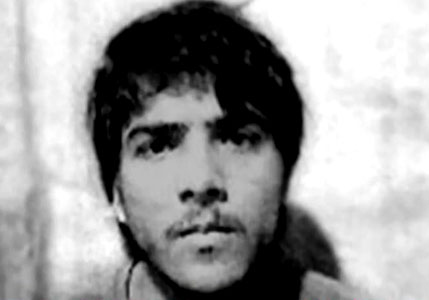The ICJ condemned today the execution of Ajmal Amir Kasab and called on India to immediately reinstate a moratorium on the death penalty.
“This is the second execution in South Asia in less than a week, marking a resurgence of capital punishment in the region,” said Sam Zarifi, Asia Director for the ICJ.
The ICJ condemned Pakistan’s execution of soldier Muhammad Hussain on Wednesday 15 November 2012.
Ajmal Kasab was executed by hanging in the early hours on Wednesday morning amid great secrecy.
The execution comes just a day after India voted against a United Nations General Assembly (GA) draft resolution, adopted by the GA’s Third Committee, calling for a moratorium on the use of the death penalty.
Over one hundred United Nations member States supported the draft resolution, an increase from previous United Nations General Assembly Resolutions passed in 2007, 2008 and 2010. The resolution will be taken up by the GA in December.
“India is one of a dwindling number of States voting against the resolution and still retaining the death penalty,” Zarifi added. “The death penalty violates the right to life and the inherent dignity of the person.”
More than 150 of 192 United Nations member States have either abolished the death penalty or do not practice it.
“There is no doubt that Kasab’s crimes were heinous, causing immeasurable suffering, but putting him to death is a significant step backwards for India, ending its eight-year hiatus on executions,” Zarifi said.
CONTACT:
Sheila Varadan, ICJ Legal Advisor, South Asia Programme, t: +66 857200723; email: sheila.varadan(at)icj.org
Sam Zarifi, ICJ Asia-Pacific Regional Director, t: +66 26198477; email: sam.zarifi(at)icj.org
Background:
Ajmal Kasab, a 25-year old Pakistani national, was sentenced to the death for his role in the Mumbai terrorist attack in 2008. The Supreme Court confirmed Ajmal Kasab’s death sentence on 29 August 2012, upholding the judgment of the Bombay High Court on 21 February 2011 and the sentence handed down by a lower court in May 2010.
On 18 September 2012, Kasab sent a four-line handwritten mercy plea to the President of India. The Maharashtra Home Ministry recommended rejecting the mercy plea on 24 September 2012 and Governor of Maharashtra, K Sankaranarayan, advised the same on 29 September 2012. The Union Government rejected the mercy plea on 23 October 2012. The President rejected the mercy plea in early November 2012.





